Directory
- Share
Rongjun Chen
- Alumni
- China
- 2003 PhD Chemical Engineering
- Clare Hall
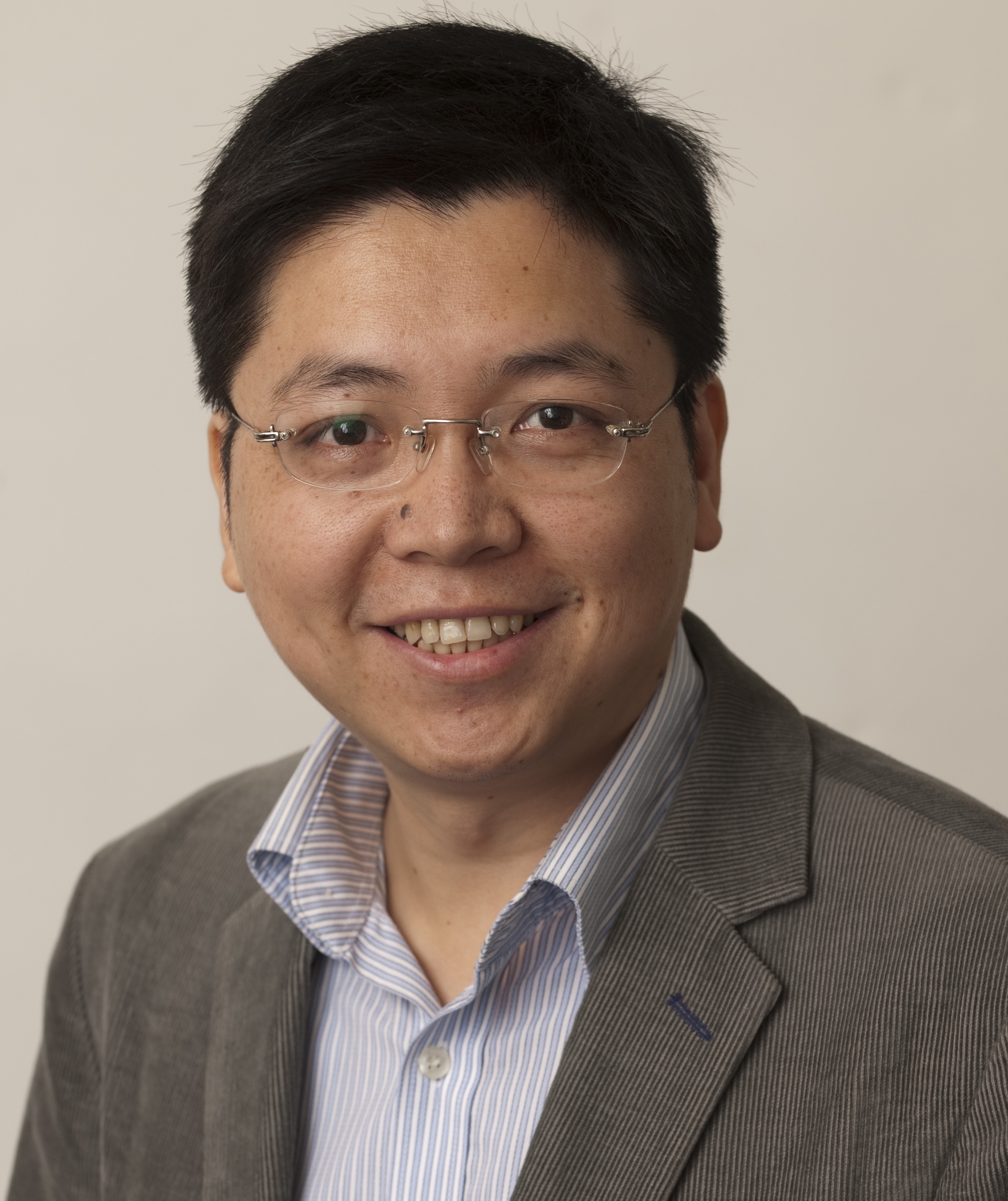
Rongjun Chen
- Alumni
- China
- 2003 PhD Chemical Engineering
- Clare Hall
Rongjun is Professor of Biomaterials Engineering in the Department of Chemical Engineering at Imperial College London. His research focuses on the development of biomaterials for applications including targeted drug delivery, cancer theranostics, cell and gene therapy, heat-stable vaccine formulation, and thrombolytic therapy.
Rongjun did his PhD (2003-2007), funded by Gates Cambridge Scholarship and Overseas Research Studentship, and his postdoctoral work (2006-2009) at the University of Cambridge, both in the lab of Professor Nigel Slater FREng in the Department of Chemical Engineering. He started his tenure-track academic position as Group Leader and BHRC Senior Translational Research Fellow at the University of Leeds in October 2009. He moved to Imperial College London as Lecturer in May 2013 and was then promoted to Senior Lecturer in 2016, Reader in Biomaterials Engineering in 2019 and Professor of Biomaterials Engineering in 2022.
Weishi Chen
- Scholar
- China
- 2022 PhD Biostatistics
- Trinity College
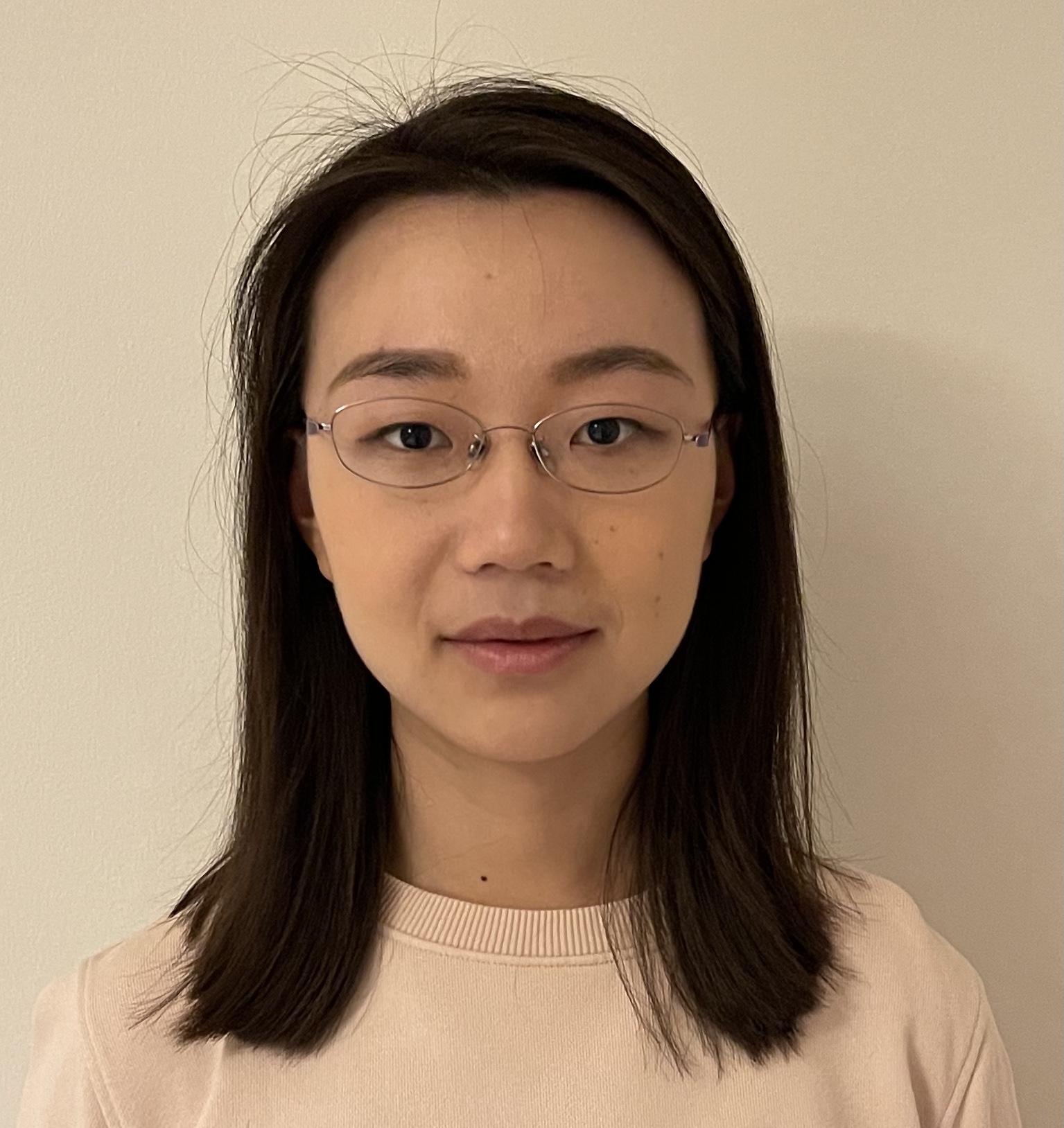
Weishi Chen
- Scholar
- China
- 2022 PhD Biostatistics
- Trinity College
I was first introduced to the subject of Statistics during my undergraduate doing BSc in Statistics at University College London. I received thorough training in Statistics at UCL, from the theoretical side of measure theory to various applied areas, such as extreme values analysis and geostatistics. Subsequently, I went to Oxford for an MSc also in Statistics. A summer internship at the Biostatistics Unit at Cambridge introduced me to the area of biostatistics and in particular, I met my supervisor who works in the area of design of clinical trials. I decided to continue for a PhD in this area, seeking to achieve treatment individualisation in early phase clinical trials. This is important because not only it will recommend treatment adapted to different personal characteristics, but better early phase designs will also increase the acceptance rate of the treatment in later phase trials. I sincerely hope that my research will help improve the experience of patients, and it is my great pleasure to receive the Gates Cambridge Scholarship which also aims to improve the life quality of others.
Previous Education
University of Oxford Statistical Science 2022
University College London Statistics 2021
Yen-Chun Chen
- Alumni
- Taiwan
- 2010 PhD Sociology
- Queens' College

Yen-Chun Chen
- Alumni
- Taiwan
- 2010 PhD Sociology
- Queens' College
I am from Taiwan, a country full of friendly people and warm welcome. My concern about other people's lives lead me to study in social science (from politics, social works to sociology). Volunteer experience in different kinds of organisations and positions is a big part of my life stories and has opened up different doors for me to explore the global world. For my PhD, I will focus on intergenerational relationship, especially on employed women's roles as the main care giver in the family. As a person with such a strong familial orientation, I plan to go back to Taiwan after my study and use my knowledge and ability to contribute to the land and people that have nurtured me so much.
Yuyin (Allen) Chen
- Alumni
- United States
- 2008 MPhil Chemistry
- Churchill College

Yuyin (Allen) Chen
- Alumni
- United States
- 2008 MPhil Chemistry
- Churchill College
I worked in Prof. David Klenerman's lab where I used single-molecule fluorescence techniques to study aggregation of proteins involved in neurodegenerative diseases. Currently I'm doing a MD-PhD at Harvard in preparation for a career as a physician-scientist.
Zhiyu Chen
- Scholar
- China
- 2023 PhD History and Philosophy of Science
- Newnham College
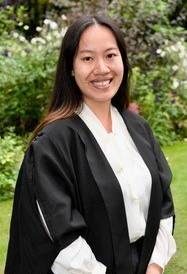
Zhiyu Chen
- Scholar
- China
- 2023 PhD History and Philosophy of Science
- Newnham College
I’m a PhD student in History and Philosophy of Science and a Gates Cambridge Scholar, exploring how knowledge was produced and circulated across cultures. My interests span two intersecting areas: the print and material culture of early modern sciences, and knowledge exchanges between China and Europe, with particular attention to Southeast Asia and the history of Sinology. I love bringing people together around historical objects, keeping projects running smoothly, and making sure that ideas have tangible impact beyond the academy. Alongside research, I've worked closely with collections, taught undergraduates, translated between Chinese and English, volunteered with museums and archives, organised reading groups, and helped run events and conferences. I expect to complete my PhD within the next two years and I'm exploring next steps that combine research, organisation, and communication. I'm particularly excited about opportunities in scientific and cultural collections, the public sector, and research policy and administration.
Previous Education
University of Cambridge Hist. & Phil. of Sci. & Med. 2023
University of Cambridge Natural Sciences 2022
Links
Justin Chenevier
- Alumni
- Australia
- 2003 PhD Legal Studies
- Pembroke College

Justin Chenevier
- Alumni
- Australia
- 2003 PhD Legal Studies
- Pembroke College
Ekaterina Chernyakova
- Alumni
- Russian Federation
- 2010 PhD Music
- Emmanuel College
Ekaterina Chernyakova
- Alumni
- Russian Federation
- 2010 PhD Music
- Emmanuel College
After graduating from St. Petersburg Conservatory as a musicologist, I spent a year in Utrecht and a year in Paris studying the Middle Ages and medieval music in particular. My MPhil project at Utrecht University was dedicated to the study of early medieval notions of hearing, aural perception, and musical ear. For my PhD at Cambridge I plan to continue exploring the problems of hearing, perceiving and memorizing music within the context of medieval plainchant repertories and the earliest Western musical notations.
Adriana Cherskov
- Alumni
- United States
- 2014 MPhil Medical Science
- Trinity College
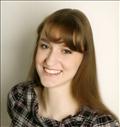
Adriana Cherskov
- Alumni
- United States
- 2014 MPhil Medical Science
- Trinity College
I graduated from Princeton University with a B.A. in Molecular Biology and Certificates in Musical Performance and Neuroscience. Neuroscience captures my curiosity unlike anything else. My academic work, including my senior thesis research, and volunteer experiences in the clinic and beyond have motivated me to focus on developing a better understanding of the pathophysiology of autism spectrum disorders, and by extension elucidating possible molecular mechanisms which would lead to more effective treatment. At Cambridge, I look forward to pursuing an MPhil in Medical Science (Psychiatry) and investigating transcriptional and epigenetic regulation in the autistic brain in the research group of Professor Simon Baron-Cohen. Ultimately, I plan to pursue a career as a physician-scientist in order to develop more effective therapies for such complex neurodevelopmental disorders as autism.
Chi Chew
- Alumni
- Singapore
- 2005 PhD Classics
- Murray Edwards College (New Hall)

Chi Chew
- Alumni
- Singapore
- 2005 PhD Classics
- Murray Edwards College (New Hall)
I am extremely grateful to be provided with this opportunity to continue to pursue my studies in Philosophy and to benefit from the enriching community life of Cambridge University, especially in its inter-cultural and international aspects. I look forward to many fascinating conversations with other Gates Scholars and others.
Kevin Chew
- Alumni
- Singapore
- 2016 PhD Film and Screen Studies
- Gonville and Caius College
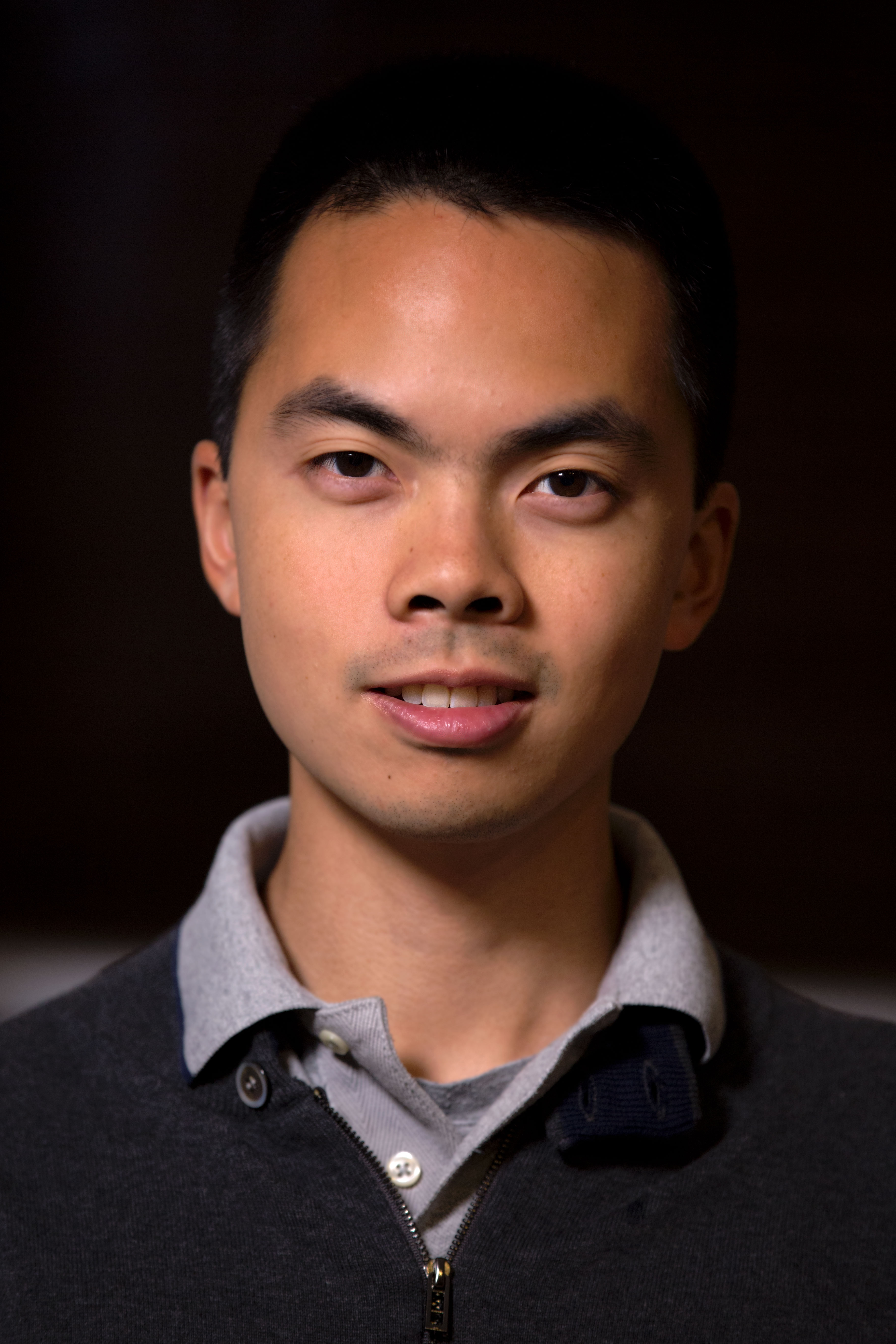
Kevin Chew
- Alumni
- Singapore
- 2016 PhD Film and Screen Studies
- Gonville and Caius College
I joined the Gates Cambridge community in 2016 and received my PhD in Film and Screen Studies in January 2021. My PhD thesis examines the ways in which political conflict is reflected and articulated in contemporary Disney animation. I have since joined the faculty of Nanyang Technological University, where I teach topics in film studies. My current research interests span the films of Hayao Miyazaki as well as recent live-action Singaporean filmmaking.
Previous Education
University of Cambridge
Sook Chia
- Alumni
- Singapore
- 2004 PhD Education
- Homerton College
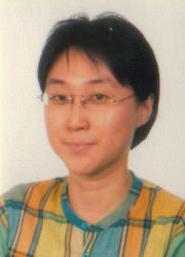
Sook Chia
- Alumni
- Singapore
- 2004 PhD Education
- Homerton College
I am very priviledged to be part of the Gates Cambridge Community. Being an educationist, I look forward to the exciting adventure ahead, to advance the cause of education and contribute to the society, in the spirit of a Gates Cambridge scholar.
Usha Chilukuri
- Alumni
- United States
- 2009 MPhil Early Modern History
- Clare College
Usha Chilukuri
- Alumni
- United States
- 2009 MPhil Early Modern History
- Clare College
Focusing on the career of John Field, a printer who operated between 1642 and 1668 in London and Cambridge, my MPhil project investigated the methods used for protecting printing rights in seventeenth-century England. I now live in San Francisco, where I work as a litigator at a large law firm. I am currently serving a term as the GCAA Director of Media Relations.
Mercy Chimezie
- Scholar
- Nigeria
- 2025 MPhil Management
- Downing College
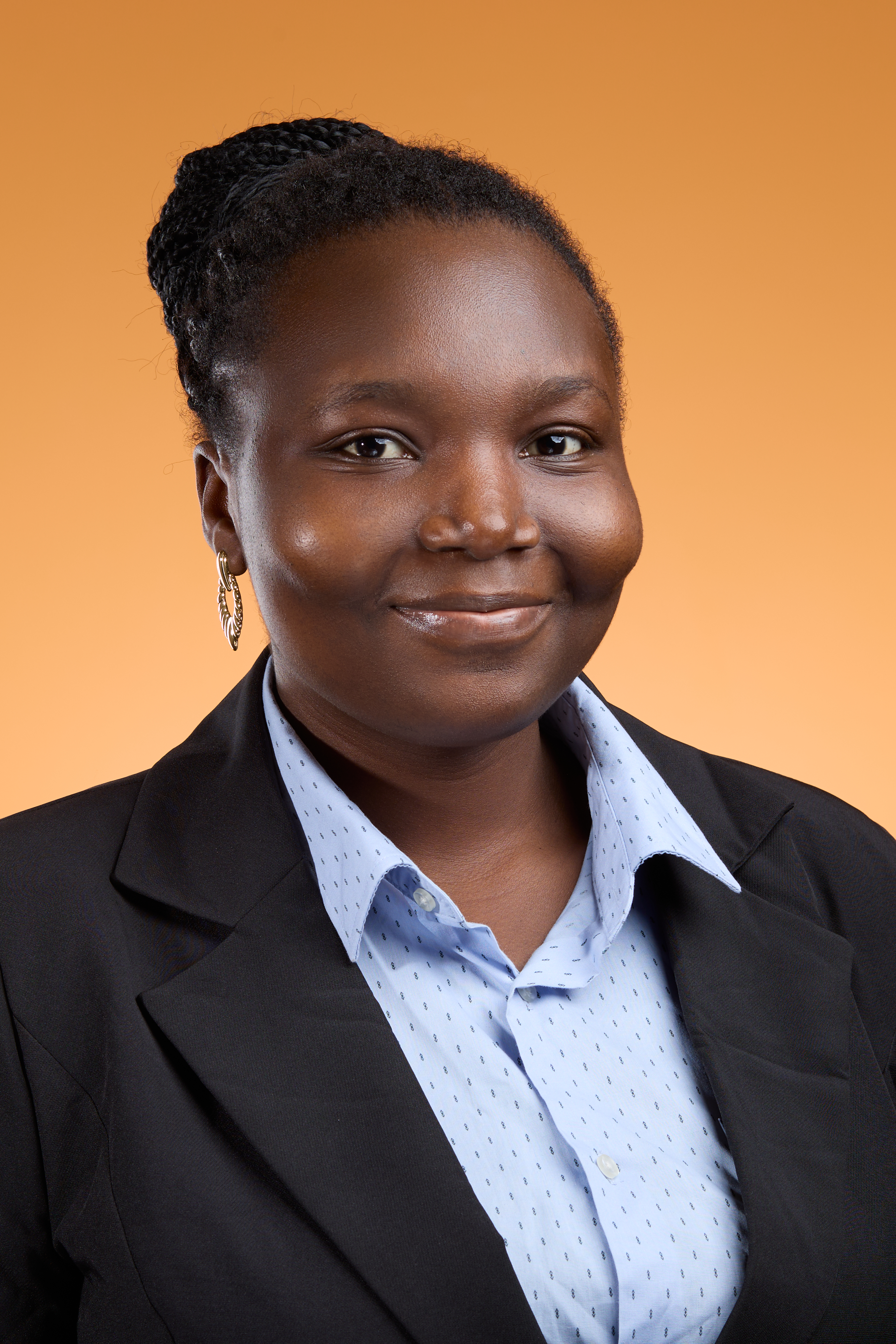
Mercy Chimezie
- Scholar
- Nigeria
- 2025 MPhil Management
- Downing College
Growing up in Nigeria instilled in me a strong passion for advancing food security and expanding access to quality education for children in underserved communities. My interest in agriculture is driven by its potential to empower smallholder farmers and strengthen the economy, while my commitment to education is rooted in its power to transform lives and break cycles of poverty. At Ashesi University, where I studied Computer Science, I developed strong problem-solving skills and an ethical, entrepreneurial mindset. Through my undergraduate experience, I came to understand that creating sustainable impact also requires a solid foundation in business and management.At Cambridge, I will pursue an MPhil in Management to prepare myself as a business leader who leverages technology to drive meaningful, scalable change in agriculture and education. I am deeply honored to join the Gates Cambridge community and to collaborate with scholars committed to improving the lives of others around the world.
Previous Education
Ashesi University Computer Science
Kar Yern Chin
- Scholar
- Malaysia
- 2025 MPhil World History
- St Catharine's College
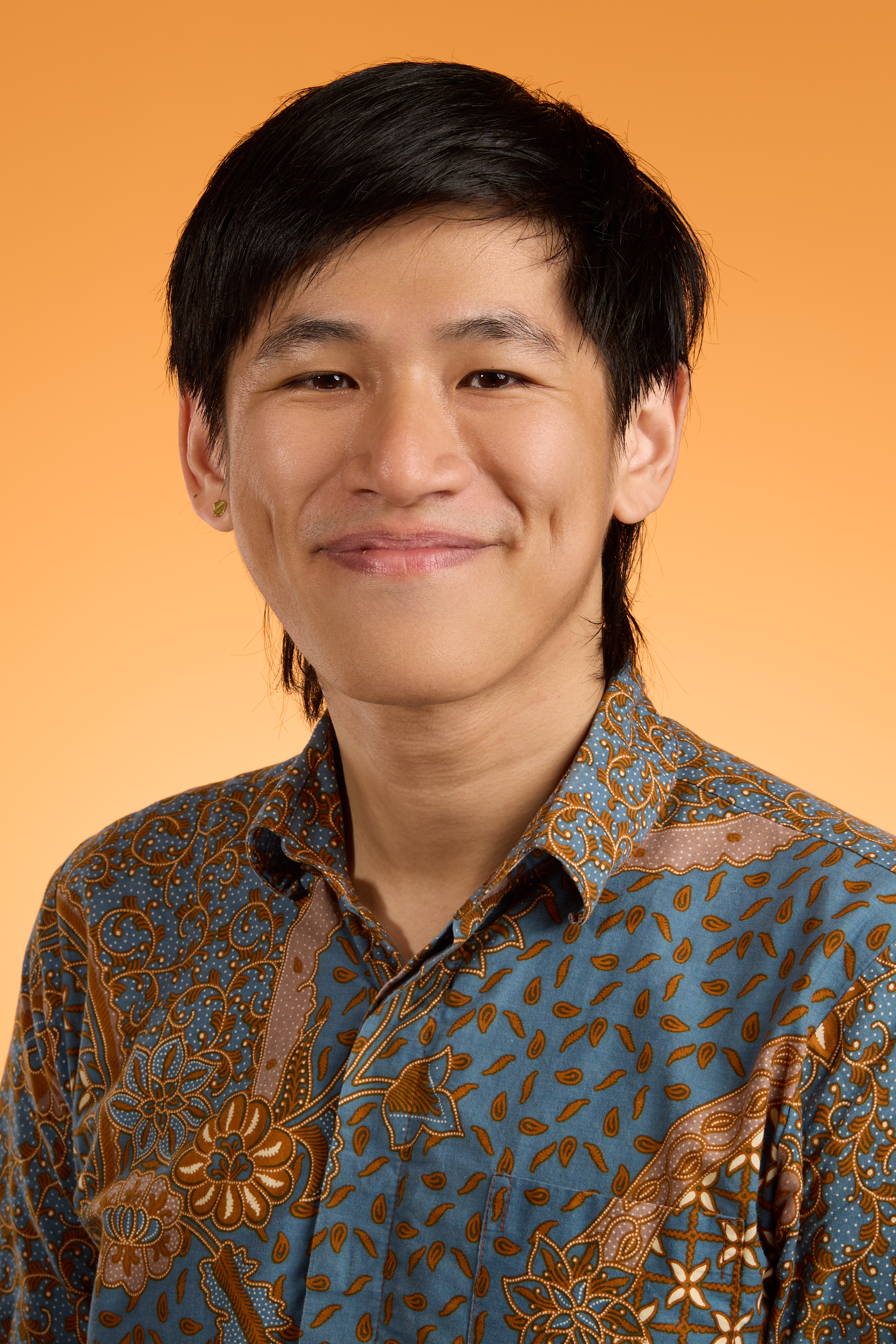
Kar Yern Chin
- Scholar
- Malaysia
- 2025 MPhil World History
- St Catharine's College
Born and raised in Subang Jaya, Malaysia, I grew up enticed by nutritional programs in public schools. I honed my interest in state food programs through my senior thesis on historical conceptions of Malaysian food at Williams College, USA. After graduating with a BA in History and Computer Science, I conducted research on informal hawker economies, palm oil labour, and state milk projects at the ASEAN Research Centre, Asia School of Business, Kuala Lumpur. I am also a team member of the Malaysia Design Archive (MDA), a grassroots archive of Malaysian history and visual culture, where I coordinate programmes for community education. For my master’s program, I look to investigate the labour and political history of home economics education enacted by the Malaysian state in the 1950s and 1960s. I aim to examine the imposition of home economics’ logic of development and productivity on Malay women’s household practices, exploring the ways in which Malay women understood and contended with these ideas. I seek to apply my historical work toward better understanding and shaping contemporary food discourses, systems, and policies in Southeast Asia.
Previous Education
Williams College History, Computer Science
Benjamin Chin-Yee
- Alumni
- Canada
- 2022 PhD History and Philosophy of Science
- King's College
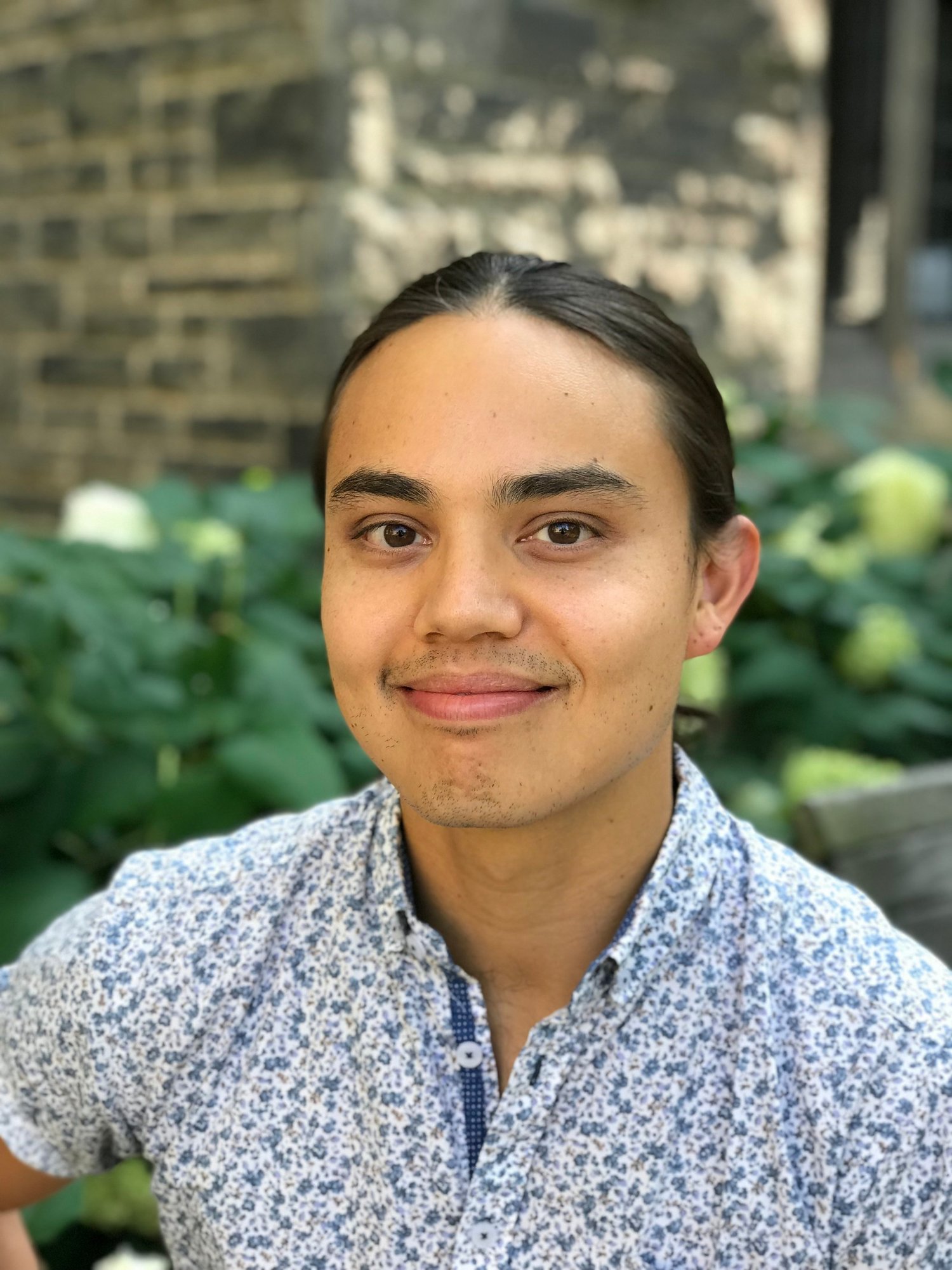
Benjamin Chin-Yee
- Alumni
- Canada
- 2022 PhD History and Philosophy of Science
- King's College
Growing up in Canada, I was fortunate to have teachers who nurtured my passion for both the sciences and humanities. But it was my exposure to history and philosophy of science as a visiting undergraduate at Cambridge which inspired me to pursue a path combining philosophy and medicine. I eventually chose to specialize in haematology-oncology, a field at the forefront of several exciting medical advances. Through my clinical work, I witnessed first-hand enthusiasm over “precision oncology” which many hope will revolutionize how we treat patients with cancer. My training in philosophy, however, also made me recognize the need for critical reflection to ensure that these advances translate into improvements in ethical and equitable patient care. My PhD will draw on my dual background in medicine and philosophy to undertake a philosophical analysis of precision oncology, examining a series of conceptual and ethical issues arising along the trajectory from basic science to clinical research and patient care. I’m honoured by the opportunity to pursue this research as a Gates Scholar and thrilled to return to Cambridge to join this inspiring multidisciplinary community.
Previous Education
Western University Schulich School of Medicine & Rotman Institute of Philosophy 2022
University of Toronto Faculty of Medicine & Inst. for the History & Philosophy of Science & Tech 2017
McGill University Faculty of Science 2013
Albert Chiou
- Alumni
- United States
- 2007 MPhil Chemistry
- Corpus Christi College
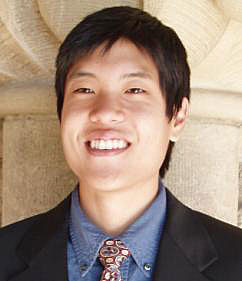
Albert Chiou
- Alumni
- United States
- 2007 MPhil Chemistry
- Corpus Christi College
As a Gates Scholar, I completed an MPhil in Chemistry, by research, in the laboratory of Professor David Klenerman. I studied the application of single molecule spectroscopy towards biomedicine. I am currently a Clinical Assistant Professor in Dermatology at Stanford. My main interest is the development and investigation of novel therapies for epidermolysis bullosa (EB), a severe genetic blistering disorder that can have detrimental effects on both young children and adults. I currently serve as a clinical trialist investigating novel gene therapy interventions for wounds related to EB, along with treatment of itch. I have also continued to work on translational projects focused on chemistry-based approaches to diagnosis of skin cancer. I invite you to read about one our recent projects using a non-destructive mass spectrometry-based imaging technology called desorption electrospray ionization mass spectrometry (DESI-MSI):
https://scopeblog.stanford.edu/2018/06/11/molecular-car-wash-aims-to-make-skin-cancer-surgery-quicker-and-more-accurate/
Chai Hao Chiu
- Alumni
- Singapore
- 2017 PhD Plant Sciences
- Fitzwilliam College
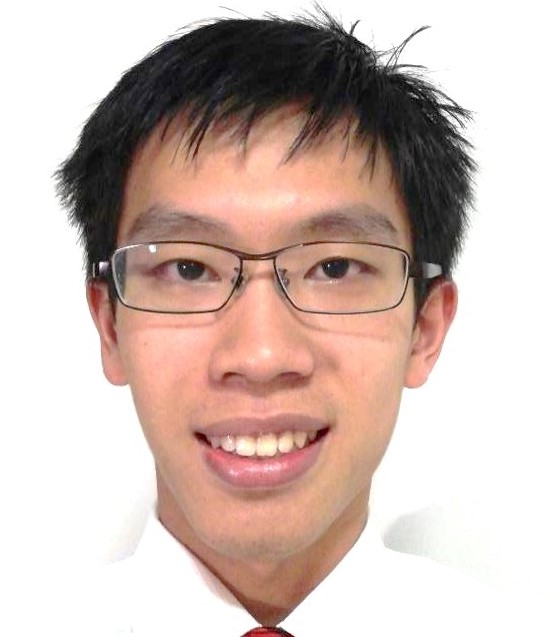
Chai Hao Chiu
- Alumni
- Singapore
- 2017 PhD Plant Sciences
- Fitzwilliam College
I am fascinated by the biological processes that underlie how plants interact with their environment, especially the symbiosis between plants and beneficial arbuscular mycorrhizal (AM) fungi. Evolved when plants first moved onto land, AM symbiosis is crucial to global carbon and nutrient cycles. The perception of AM fungi often enhances root growth, increasing the interface for symbiotic nutrient exchange. As an undergraduate at Cambridge, I identified the first receptor kinase required for this response in rice. As a Ph.D. student, I aim to pursue this exciting lead and elucidate the mechanisms of fungi perception and the signalling pathways that lead to enhanced root growth. This will also contribute to ongoing endeavours to engineer nitrogen-fixing symbiosis into cereal crops (e.g. rice) as it evolved from the older AM symbiosis and also involves reprogramming of root development. Nitrogen fertilisers produced from the Haber process have a substantial carbon footprint and realising this grand challenge will contribute towards sustainable, productive agriculture for food security. I am honoured to join the intellectual community at Gates Cambridge and aspire to contribute to work with transformative impacts on the society.
Previous Education
University of Cambridge
Shannon Chiu
- Alumni
- United States
- 2008 MSc Experimental Psychology
- Emmanuel College
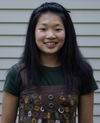
Shannon Chiu
- Alumni
- United States
- 2008 MSc Experimental Psychology
- Emmanuel College
I am currently pursuing an MSc in Experimental Psychology. My project involves a close examination of various subcomponents of the word production pathway (e.g. semantics and phonology), as a function of age or brain-damage. I completed my bachelor’s degree in biology, with a concentration in neuroscience, at Williams College. As an aspiring physician-scientist, I see myself playing a role in the vast effort in combating degenerative brain disorders.








